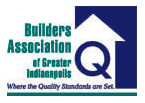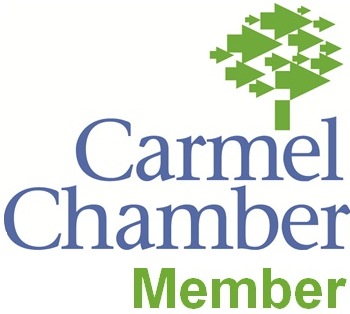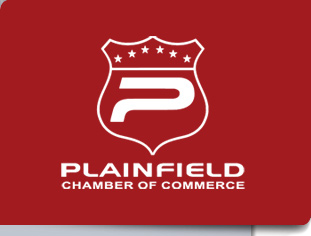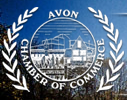Challenge to Bylaws Not a Derivative Claim
Ewer v. Lake Arrowhead Association, Inc., No. 2011AP113, Wis. App. Ct., May 24, 2012
Covenants Enforcement/Association Operations: A Wisconsin appeals court reversed the dismissal of a property owner’s challenge against a covenant that allowed an association to collect different assessment amounts, holding that the suit was properly brought on behalf of the individual owner and was not considered a derivative claim.
Gilbert Ewer owns a consolidated site (two or more abutting residential lots treated as one lot) in Lake Arrowhead subdivision, which is located in Rome, Wis., and governed by Lake Arrowhead Association, Inc. (association).The association charges consolidated-site owners 25 percent more for annual assessments than it charges single-site owners for annual assessments. Ewer sued the association, seeking a declaration that the covenants didn’t authorize the association to charge consolidated-site owners the higher assessment.
The association contended that Ewer’s claim should be dismissed because it was a derivative claim under Wisconsin law, and Ewer had failed to satisfy the requirements for a derivative claim. A derivative claim is a civil suit brought on behalf of a corporation by one or more members having five percent or more of the voting power or by 50 members, whichever is less. A right of action (the legal right to bring a particular case before a court) that belongs to the corporation cannot be brought as a direct claim by an individual member. The court ruled in the association’s favor and dismissed the case. It found that the covenants’ construction was a matter of concern to all Lake Arrowhead property owners; and, therefore, the action was a derivative claim. Ewer appealed.
The fundamental inquiry for the appeals court was which party had the right to bring the lawsuit. If the only injury was to the association, then the right to bring the suit belonged solely to the association, even if the injury to the association had a subsequent impact on the members. In contrast, if the suit was based on the impairment of members’ individual rights, it would properly be brought as a direct individual claim.
The association relied on the following provision in the bylaws:
All annual assessments for corporate areas and corporate facilities which pertain to inactive owner memberships shall be one-fourth (1/4) of the amount of such assessments which would be due on such owner memberships if the same had not been declared inactive; provided that if the owner membership made inactive is one which appertains to a residential lot which is a part of a consolidated site as is described elsewhere in this Declaration, no such annual assessments shall be charged with respect thereto, except that at least one (1) full annual assessment or one (1) one-fourth (1/4) annual assessment, as the case may be, shall be charged with respect to every consolidated site. [Emphasis added.]
Ewer argued that the association’s construction of the bylaws affected consolidated-site owners differently from single-site owners. The association contended that Ewer was subject to the bylaws, and the association enforced the bylaws equally on all members. The association maintained that every member had an interest in the proper construction of the bylaws because all members would be affected if the bylaws were incorrectly construed; therefore, only the association, collectively, had a right to bring the action.
Read more >>
Owners Established that Covenant is Unconscionable
Bergman v. Spruce Peak Realty, LLC, No. 2:11-cv-128, U.S. Dist. Ct., Dist. Vt., March 20, 2012
Assessments/Developmental Rights: A Vermont district court denied a developer’s motion to dismiss claims that alleged one of the association’s covenants—which required residential unit owners to share the costs of hotel amenity use—was unconscionable.
Stowe Mountain Lodge Condominium is a resort in Stowe, Vt., that was originally developed by Spruce Peak Realty, LLC. The development consists of residential units, commercial units and a shared amenities unit, owned by Spruce Peak. This area includes the lobby, pool, parking garage, reservation desk and landscaped outdoor areas.
Spruce Peak began marketing Stowe Mountain Lodge in 2006, prior to its construction. The public offering statement (a legal document that provides information about new condominiums) contained drafts of the condominium declaration, a Hotel Access and Services Covenant (covenant), and a projected annual budget prepared by Stowe Mountain Lodge Condominium Owners Association, Inc. (association). The offering statement explained that residential unit owners would pay assessments to the association and to a master association. Unit owners would also be granted access to certain facilities and amenities in the hotel and would be charged an access and services fee to use them, as provided in the covenant. The offering statement warned prospective purchasers that the budget was based on estimates that were subject to change.
Read more >>









